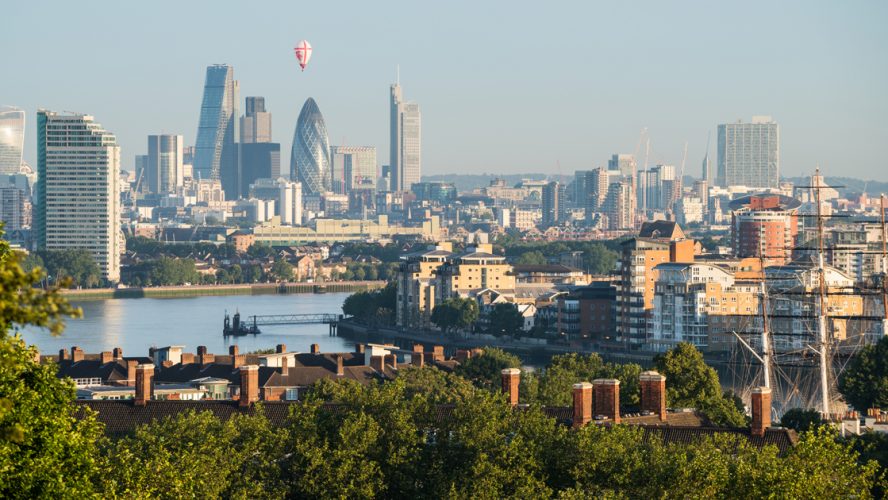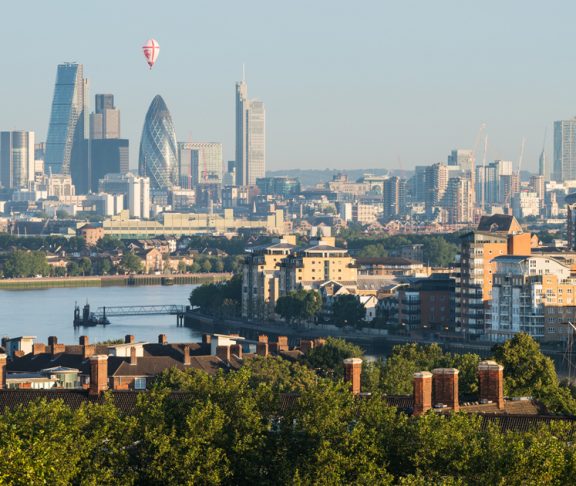
Luke Nicholls
Content Director, edie
2020 was billed as the ‘super year’ for nature and the environment. It was supposed to be the year of crucial global negotiations on the future of biodiversity, oceans governance and climate; of long-awaited green policies being announced; and of businesses moving from ambition into action on net-zero carbon commitments. And then came COVID-19.
The pandemic has stretched health systems and economies to breaking point, bringing with it fast- unexpected variables which policymakers and business leaders were not prepared to handle. edie’s audience of energy, sustainability, and corporate social responsibility (CSR) professionals were hit hard.
A snapshot reader survey conducted in April revealed that many had quickly been put on furlough, while 55% were forced to pause or cancel investment into sustainability and energy projects.
The organisations that thrive will be those that operate with a sustainability-first mindset and align cost-cutting decarbonisation projects with their core business purpose.
This is not to say that the other huge existential crisis facing the planet – climate change – was swept under the carpet. Far from it in fact.
Another snapshot survey conducted in August revealed that nine in 10 businesses agreed with the statement that “the recovery from the pandemic presents an opportunity to accelerate climate action at a faster rate than ever before”. Many organisations duly set about seizing that opportunity; ramping up CSR and climate action as part of their immediate response to the pandemic – particularly through the rollout of social sustainability initiatives.
Take energy giant SSE, for example, which recently launched its Just Transition Plan to ensure communities can truly benefit from the journey to net-zero carbon emissions.
Stubborn optimism
And then there’s the wave of net-zero carbon commitments that have continued to pour in throughout the year. Nowhere was this more evident than through edie’s Net-Zero November campaign of content and events. Within that single month alone, we reported on a plethora of organisations – including Diageo, Sky, Vodafone, KPMG, Tesco, The Esteé Lauder Companies and Childbase Partnership – which announced targets to reach net-zero well ahead of the UK’s 2050 ambitions.
Indeed, as the economy fights to survive the biggest peace-time downturn in a century, the organisations that thrive will be those that operate with a sustainability-first mindset and align cost-cutting decarbonisation projects with their core business purpose.
Crucially, governments are now on-board with this mindset. Chief among them the UK, with Boris Johnson’s £12bn, 10-Point Plan for a green industrial revolution marking a landmark moment in the UK’s journey to net zero emissions. This was swiftly backed up by the upgrading of the nation’s carbon targets, with a newfound aim to slash emissions by 68% by 2030 – a genuinely world-leading target.
2021 is the year that will define the century.
Road to COP26
Of course, there will be those who say the UK should be moving faster still.
Given the scale of the climate crisis, some very plausible cases could be made here. But we are where we are: the UK now has its 10-Point Plan and 2030 climate targets – which will soon be bolstered by the imminent Energy White Paper and new green building and heat strategies.
Meanwhile, an ever-growing number of organisations are committing to at least match that national ambition through targets and strategies of their own – from clean energy deployment and energy efficiency upgrades through to collaborative net-zero carbon building and transport projects.
Thinking back to what could have happened (or not happened) across these areas of sustainability and climate action throughout the pandemic, great encouragement can be taken from these developments.
And as we look ahead to 2021, there is genuine cause for optimism. It is the year of the deferred COP26 climate talks, having been postponed this year – talks which will undoubtedly be boosted by a new US President, improving EU, US, and China relations, and perhaps even a Brexit deal. And it is the year that business leaders look set to be braver and more ambitious than ever before; having laid the foundations to collaborate, innovate and actuate to make a net-zero-carbon, circular and just economy a reality.
Put simply, 2021 is the year that will define the century.

